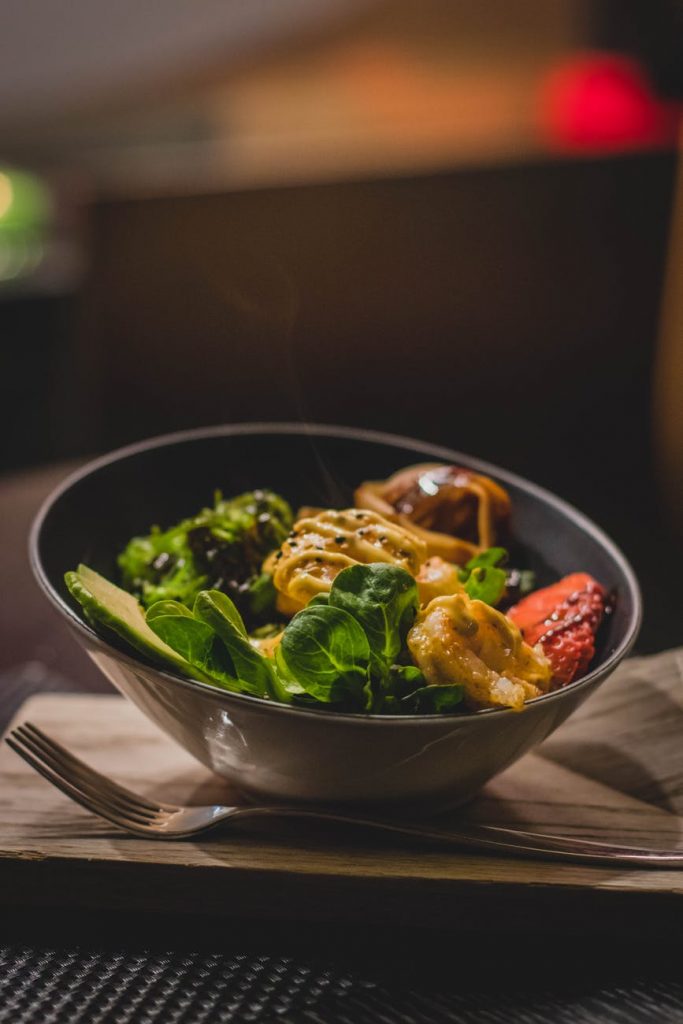The inflation rate of Nigeria is currently over 20%, the highest for over 15 years. The high rise of inflation is even more than what was witnessed with the 2017 and 2020 economic recessions.
It has become a source of worry for Nigerians that the inflation keeps biting, and the prices of commodities is hitting the roof.
To buy household commodities, Nigerians will have to plan well and know what is necessary and what is not necessary. This is because as the prices of household commodities are rising, the salaries and incomes aren’t rising.
Monthly, EVURA will be bringing to you the prices of household and other popular commodities in Nigeria. So, as you plan on making your way to the market to stock your home, go through the prices and plan yourself well.
This is more especially for those who haven’t gone to the market for sometime. You should know that the prices below might vary from location to location due to the distance and sophistication of the area; however, most places have prices close to what we are presenting below.
The List Prices for some Household Commodities
1. Garri (A Painter): White 1200 naira, or Yellow 1400 naira
2. Quality Local Rice (Mudu): 1300. Painter (3200)
3. Less Quality Local Rice (Mudu): 1000. Painter (2500)
4. Spaghetti (1 pack): 350 to 450 (depending on the brand)
5. Noodles (1 carton): 3500 to 6500 (depending on the size)
6. Beans (Mudu): 700. (Painter) 2000
7. Palm Oil (1 liter): 1200
8. Groundnut Oil (1 liter): 1400
9. Tea Beverages (Medium sizes): 1200 to 1600 (depending on the brands)
10. Powdered Milk (Medium sizes): 1200 to 1600
12. Big Family Bread for 6: 1000 to 1500 (depending on the bread quality and company).
13. Ice Fish (1kg): 1500 to 2000 (depending on the location of the country)
14. Beef and Pork (1kg): 1500 to 2000 (depending on the location of the country)
15. Egusi (1 milk cup): 250
16. Ogbono (1 milk cup): 800
17. Potato (1 painter): 1000
18. Yam (1 medium size): 1200 to 1500
19. Crayfish (1 painter): 3000 to 4000
20. Stockfish (1 kg): 6000 to 7500
These are some of the prices we were able to come up with for this month, next month, we’ll get prices for the commodities outside these ones. We encourage you to make a budget and preparations to buy food that will sustain you through December and January if you have the funds.
This is because foodstuff and other commodities would add money during Christmas festive season.
